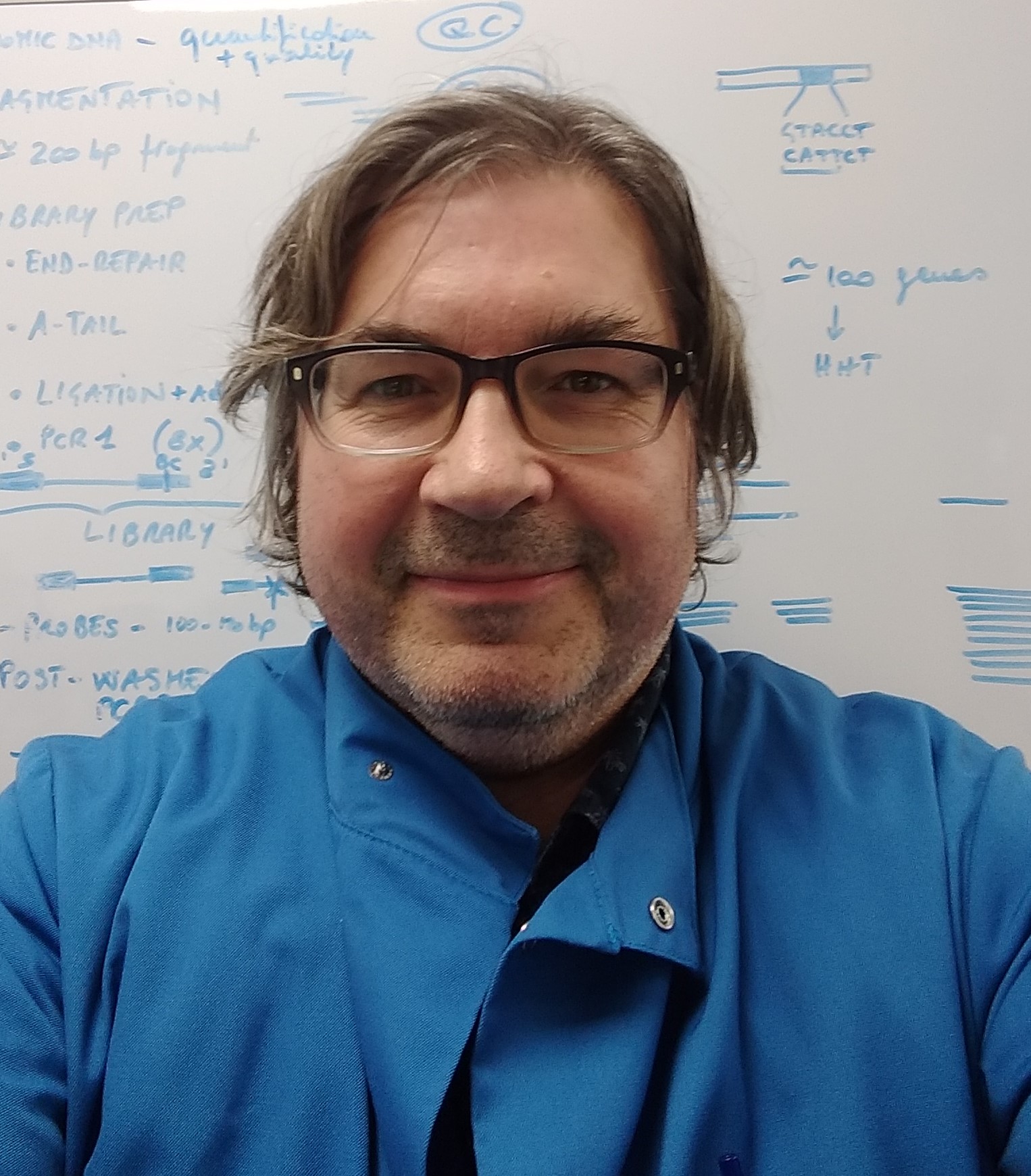
Cambridge University Hospitals (CUH) is a family of hospitals comprising Addenbrooke’s and The Rosie. As part of the NHS, CUH delivers expert care for patients – locally, regionally and nationally – while also contributing to some of the most important biomedical research in the world today. For more information please visit their website.
Country: England

Willem H. Ouwehand
Principal Investigator and Chair
Willem is the University of Cambridge Professor of Experimental Haematology, and also holds honorary appointments at Cambridge University Hospitals, University College London Hospitals and NHS Blood and Transplant. He is the chair of the Blood transfusion Genomics Consortium.
Most recently he led the NIHR BioResource whole genome sequencing project, which was one of the pilot studies for rare diseases for the 100 000 Genomes Project. During this project his research team focussed on inherited bleeding, thrombotic and platelet disorders. The rare diseases research complements his long-standing interest in the associations between common sequence variants and the blood cell parameters measured by the complete blood count, again with a focus on platelets. Over the past decade he has, in partnership with Professor Nicole Soranzo from the Wellcome Sanger Institute and many others, unravelled the genetic architecture of blood cell formation and how this relates to the pathophysiology of common and rare diseases. Willem is a Fellow of the Academy of Medical Sciences and a NIHR Senior Investigator.

Nicholas Gleadall
Alternate to PI
Nick is an Assistant Professor at the University of Cambridge, from which he was awarded his PhD in 2020. He holds honorary appointments with Cambridge University Hospitals, University College London Hospitals and NHS Blood and Transplant. He is the Chief Analyst of the Blood transfusion Genomics Consortium and co-lead of work packages 3, 4 and 8.
Nick’s current research is focused on genomics and AI in transfusion medicine, in particular the application of high-throughput genotyping or sequencing technologies and the exploitation of large datasets to improve the matching for blood groups between patients and donors. He is a key member of a team applying machine learning to complete blood count results with the aim to discover signatures of pathogen infection for use in population surveillance. Earlier in his career he pioneered new sequencing based tests for infectious disease detection and he developed the bioinformatical infrastructure for the first diagnostic whole exome sequencing platform for rare diseases in the NHS.

Jonathan Stephens
Jonathan is a Research Assistant at the University of Cambridge. He has been responsible for the DNA collections used in a large range of genomics projects, starting with the Wellcome Trust Case Control Consortium study in 2006. More recently he has been instrumental in the delivery of the NIHR BioResource Whole Genome Sequencing project. He is an expert in several next generation sequencing approaches and co-authored 80+ manuscripts. He is the lead for work package 4 of the Blood Transfusion Genomics Consortium project, which deals with the central DNA sample repository and sample QC and distribution for the project.

Lindsay Walker
Lindsay is employed by the University of Cambridge and holds an honorary appointment with NHS Blood and Transplant. She is the Project Coordinator for the Blood transfusion Genomics Consortium and Personal Assistant to Professor Willem H Ouwehand.
She is responsible for coordinating the meetings of the Consortium members, is recorder and writer of the meeting minutes and oversees all Consortium related issues for governance and ethics. Prior to the Consortium project Lindsay provided key support for the NIHR BioResource whole genome sequencing project for rare diseases.

John Ord
John holds currently a position as a Bioinformatician at the University of Cambridge and has a honorary appointment at NHS Blood and Transplant. He provides data analysis support for the Blood transfusion Genomics Consortium and the clinical study HAEM-MATCH.
He plays an instrumental role in commissioning the GENETITAN-MC typing platform at NHSBT Colindale. John has worked in the fields of Blood Transfusion Science and Stem Cell transplantation and has science background in HLA and transplantation immunology for over 40 years. He taught himself to write computer code in the 1980s on a Commodore Pet and has since been involved in the design, installation and support of the major donor and diagnostic services information systems for NHS Blood and Transplant.